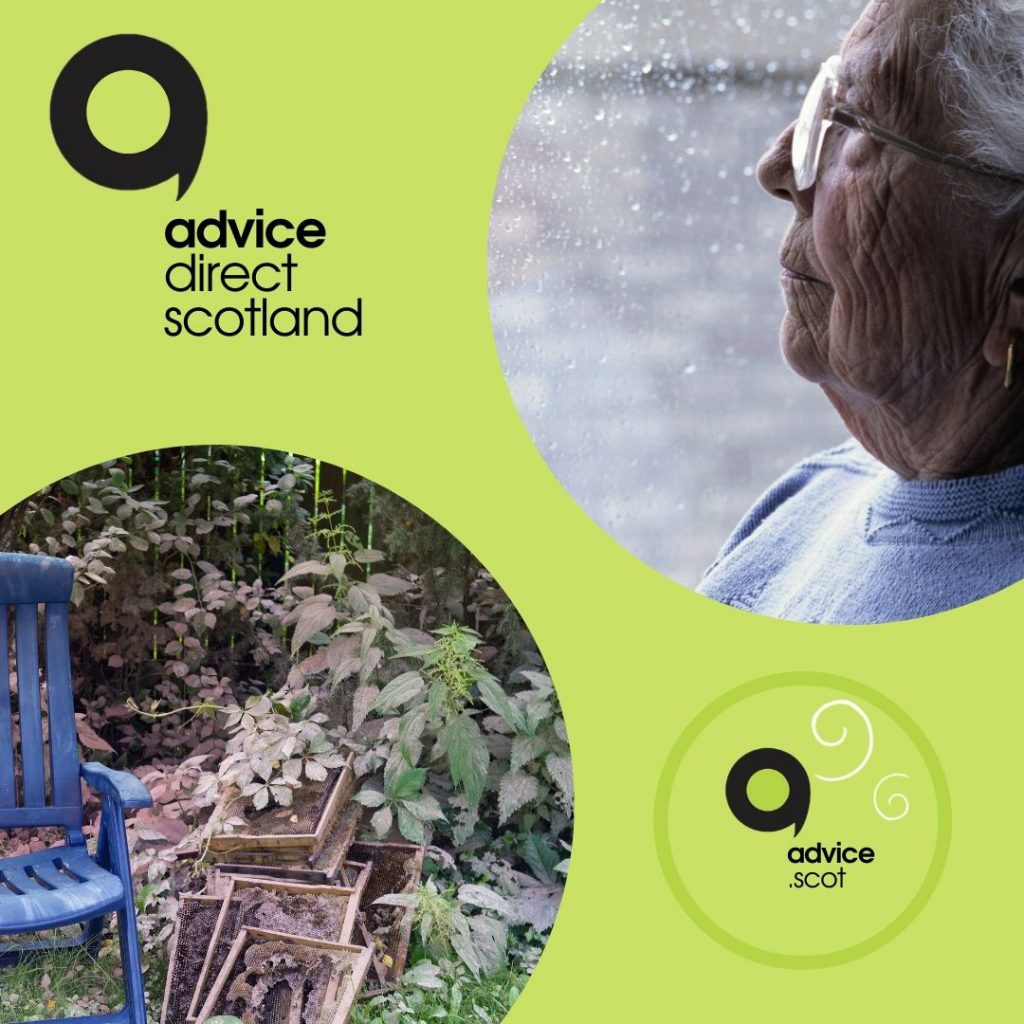
If your neighbour is creating a lot of noise, such as playing loud music or allowing their dogs to continually bark, there are a few options available to you.
If you feel comfortable, and it is safe to do so, you could address the problem directly by having an informal conversation with the neighbour in the first instance.
You should outline the impact that the noise is having on you, and request that they reduce it, either permanently or at certain times of the day. By appealing to their better nature, you may be able to get them to consider the noise that they are making and alter their behaviour accordingly.
What if this does not work?
If your neighbour does not honour your request, there are other things you can do to make them reduce any unreasonable noise they are making.
If your neighbour is a tenant, you could contact their landlord to advise of the issues that you are having. They may be able to help by discussing this with the resident.
It is a good idea to keep a diary or record of what the disturbances are, including the date and time of any excessive noise. This can be used as evidence in any further action you need to take.
More formal solutions
If handling the situation informally does not work, there are further things that you can do, including contacting your local council, usually through the environmental health department.
They may be able to intervene, by visiting your neighbour to request that the noise is reduced. This may include demonstrating the noise to them from your own point of view and distance from the property.
You can find the relevant contact details for your own local authority by postcode search at www.mygov.scot/find-your-local-council.
If the local council officer finds that a noise problem exists, action can be taken to force them to reduce this. This will require them to stop the noise, and failure for them to do so may result in the issue of a ‘noise abatement notice’ which demands that noise stops, or is limited, for example music is not played after 9am.
Failure to comply with an abatement notice can result in prosecution. Local councils can also issue fixed penalty notices and remove noise-making equipment.
Contacting the police
The police also have powers to deal with excessive noise. They can also issue fines to people who have failed to stop making excessive noise after being asked to do so. The police can also confiscate sound-producing equipment in some circumstances.
If your neighbour is physically violent, verbally abusive, or behaves in a dangerous manner towards you, you should contact the police on 999 in an emergency or using 101 in a non-urgent situation.
Some instances of abusive behaviour can be considered anti-social behaviour, and further action can be taken in these circumstances.
Need further advice?
Advice Direct Scotland run advice.scot, Scotland’s national advice service. We offer advice and information on a range of matters, including neighbourhood disputes, family and relationships, housing, benefits, and much more.
Our advisers are available on 0808 800 9060 (Monday to Friday, 9am to 5pm), or by visiting www.advice.scot.



